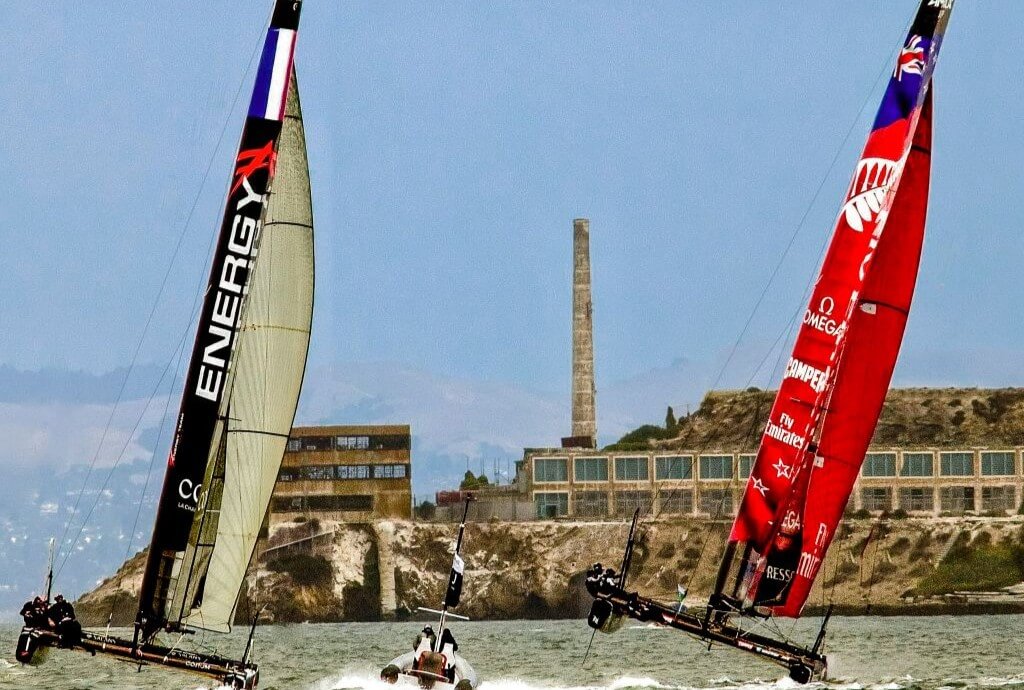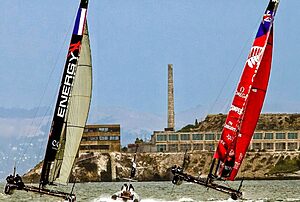In brief
- A Te Pāti Māori bill banning seabed mining was defeated. Labour, National and ACT voted against it.
- Labour says the bill would have retroactively banned existing consents that would threaten the nation’s supply of electricity.
- There’s speculation Labour doesn’t want to be seen as being in Te Pāti Māori’s pocket.
Overwhelmingly against
A bill sponsored by Te Pāti Māori co-leader Debbie Ngarewa-Packer banning all seabed mining was voted down on its first reading with 106 against and 13 in favour.
Labour, National and ACT came together to vote against the bill while The Greens, Te Pāti Māori, and independent MPs Elizabeth Kerekere and Meka Whaitiri supported the bill.
Seabed mining involves dredging minerals from the ocean floor using either hydraulic pumps or bucket systems, which bring ore to the surface for processing. It is controversial because of the possible effects the practice may have on sensitive marine environments.
The Prohibition on Seabed Mining Legislation Amendment Bill would have done the following:
- Ban seabed mining consents within the Exclusive Economic Zone (EEZ) and coastal waters governed by the Resource Management Act (RMA).
- Prohibit the ability to apply for exploration rights for seabed mining under the Crown Minerals Act.
- Retrospectively withdraw existing seabed mining consents and exploration rights under the EEZ Act and the Crown Minerals Act.
National MP Stuart Smith said blanket bans were not helpful and the law’s reach would have had the effect of dissuading investment in New Zealand.

Spat between Labour and Te Pāti Māori
According to Environment Minister David Parker, the Government is concerned about the possible ill effects of seabed mining, but the retrospective withdrawal of consents and exploration rights including for natural gas would threaten the nation’s supply of electricity.
“It has been clear from the start of this bill that the effect of this legislation would have been to, amongst other things, close down the Maui platform (natural gas), and it would have done that retrospectively, it would have done it without compensation, and it would have done it without any transition period.”
Parker has previously announced the environment select committee would conduct an inquiry into the issue.
Ngarewa-Packer, however, said that was not what the public was calling for according to public opinion. There’s a suggestion Ngarewa-Packer did not intend to shut down existing oil and gas permits, and she felt those concerns could have been addressed at a later stage. Ngarewa-Packer said it was hypocritical that the Labour Government supported an international moratorium, but not a domestic ban.
Political commentator Gordon Campbell speculates that Labour did not want to support the bill for fear of appearing aligned with Te Pāti Māori as National’s Chris Luxon has suggested.
Funny Te Pāti Māori own goal
Ngarewa-Packer angrily called her colleagues “amateurs” and said she felt insulted by their lack of support in her concluding remarks to Parliament. She then mistakenly cast three votes against her own bill. Te Pāti Māori only has two votes currently as recent Labour defector Meka Whaitiri is technically an independent.
The vote needed to be redone so Ngarewa-Packer could cast two votes in favour of the bill she sponsored.



















